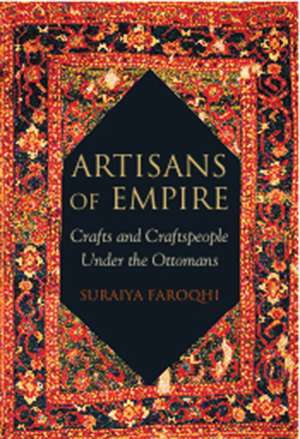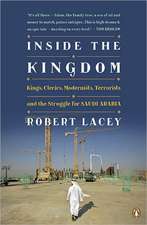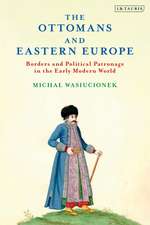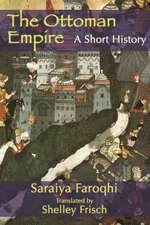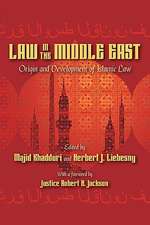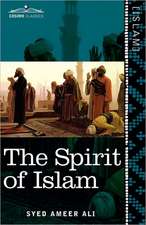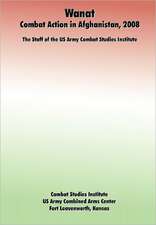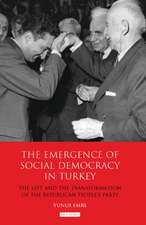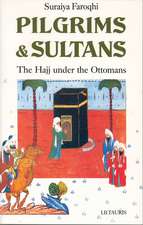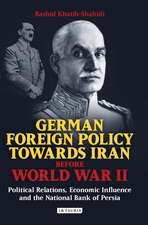Artisans of Empire: Crafts and Craftspeople Under the Ottomans
Autor Suraiya Faroqhien Limba Engleză Paperback – 16 oct 2011
Preț: 172.64 lei
Preț vechi: 199.67 lei
-14% Nou
Puncte Express: 259
Preț estimativ în valută:
33.04€ • 34.37$ • 27.28£
33.04€ • 34.37$ • 27.28£
Carte disponibilă
Livrare economică 24 martie-07 aprilie
Preluare comenzi: 021 569.72.76
Specificații
ISBN-13: 9781848859609
ISBN-10: 1848859600
Pagini: 304
Ilustrații: 12 integrated b/w illustrations
Dimensiuni: 156 x 234 x 23 mm
Greutate: 0.36 kg
Editura: Bloomsbury Publishing
Colecția I.B.Tauris
Locul publicării:London, United Kingdom
ISBN-10: 1848859600
Pagini: 304
Ilustrații: 12 integrated b/w illustrations
Dimensiuni: 156 x 234 x 23 mm
Greutate: 0.36 kg
Editura: Bloomsbury Publishing
Colecția I.B.Tauris
Locul publicării:London, United Kingdom
Notă biografică
Suraiya Faroqhi is Professor of History at Bilgi University, Istanbul, and the author of The Ottoman Empire and the World Around It, Pilgrims and Sultans and Subjects of the Sultan (all published by I.B. Tauris).
Cuprins
AcknowledgementsIntroductionBefore the 1670sBefore and after 1500: how artisan organization may have emerged in the Ottoman lands. 3. Services to the state. 4. Guildsmen of Istanbul and Cairo. 5. Provincial craftspeople and merchant networks. From the 1670s to the 1850s6. Changes in Istanbul guilds. 7. Cairo: from military penetration of artisan guilds to the state monopolies of Mehmed Ali Pa?a. 8. The political role of craftsmen. 9. Provincial craftsmen: how guildsmen adapted to new circumstances. After 185010. From 1850 to 1914: a different state, a different economy and the disappearance of the guilds. 11. Conclusion. A note on transliteration
